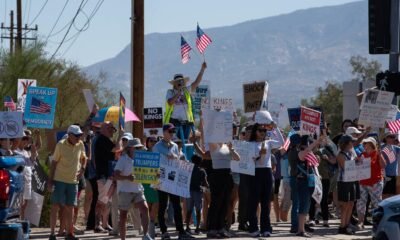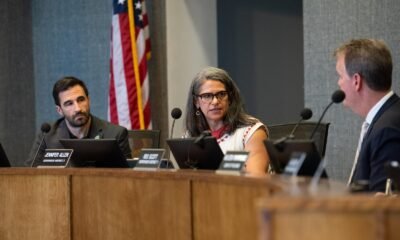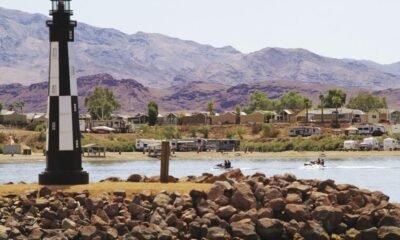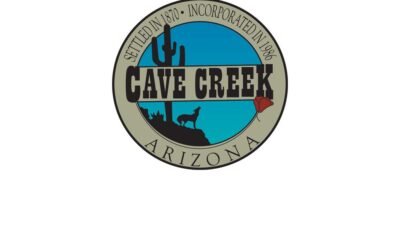border
Tucson Council Weighs Tourism Taxes for Free Transit; Pima Supervisors Eye Ballot Propositions
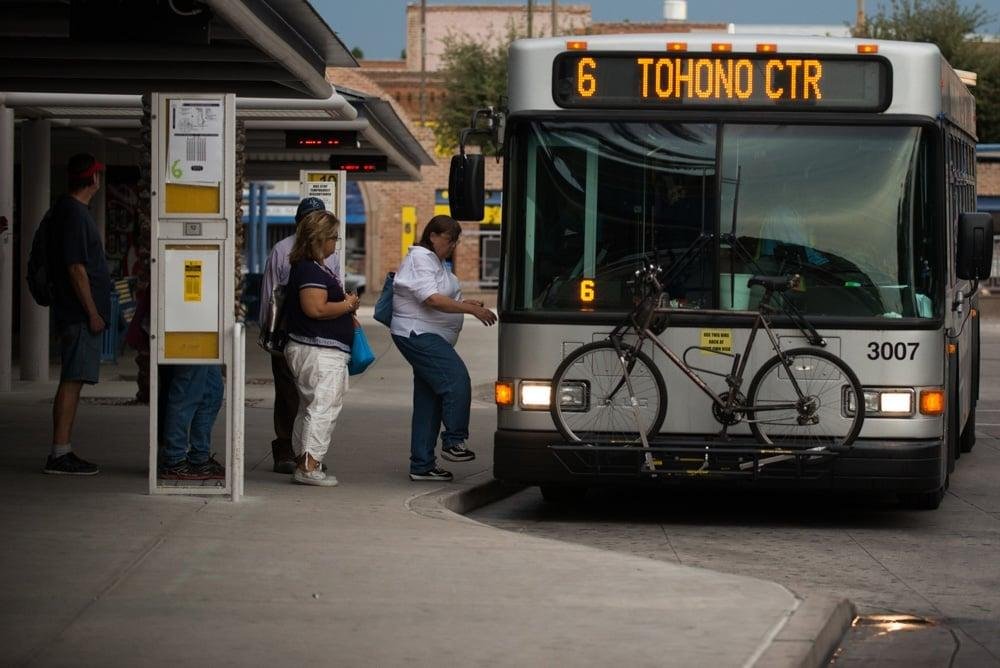
The Tucson City Council faces a complicated decision regarding the future of free local mass transit options as funding runs low post-pandemic. For two years, residents enjoyed free rides on Sun Tran, Sun Link, and Sun Express, thanks to substantial federal aid during the COVID-19 crisis. With that funding now depleted, the Council must evaluate its options.
During a Tuesday study session, the Council will consider a limited range of proposals to maintain free transit services. Yet, feasible routes remain elusive due to the need for extensive changes to state law or the Arizona Constitution. Many state lawmakers continue to resist measures that could benefit the economically struggling, opting instead to support policies favoring wealthier constituents.
The Council’s search for solutions might lead them to higher hotel and utility taxes or the establishment of public-private partnerships. For hotel taxes, increasing rates could yield significant revenue—$2 million for each percentage point raised. A modest increase in utility tax could also contribute funds, boosting local transport finances.
Former City Manager Mike Ortega’s projections indicate that reinstating pre-pandemic fare structures could net between $9.9 million to $19.9 million, contingent on ridership levels. The Council is also mulling the reimposition of Sun Link and Sun Express fees, which could generate an estimated $2.8 million, although this would heavily impact University of Arizona students, who represent a large percentage of ridership.
Moreover, reintroducing these fees would incur initial costs of about $419,200 to implement necessary infrastructure changes, spread awareness, and hire staff. One suggestion on the table is to set Sun Link and Sun Express fares to their previous full rates, establish half-price fares for Sun Tran, and raise hotel tax by $2 while using the proceeds to enhance specific routes.
Meanwhile, the issues of homelessness and housing persist as prominent topics for the Council. A woman referred to as “Maria” shares insights into the struggles faced by individuals transitioning from homelessness, highlighting the complexities of mental health, community support, and recovery. The upcoming study session will reiterate previous data on this issue, with hopes for legislative assistance under a Democrat-dominated state government.
On the legislative front, the Tucson City Council aims to outline a series of priorities as the new session approaches. The Council intends to push back against restrictive measures affecting marginalized groups while seeking financial support to address homelessness and improve local economic conditions.
In tandem, the Board of Supervisors is preparing to discuss the financial implications of recent ballot measures on homelessness and immigration during their Tuesday meeting. Supervisor Adelita Grijalva seeks clarity on how these voter-approved laws could affect county finances, particularly regarding property owner tax breaks connected to addressing homelessness.
The implications of Proposition 312, which provides tax relief to property owners based on their costs associated with homelessness enforcement, are particularly troubling. This legislative approach continues to criminalize fundamental human behaviors, compounding issues faced by those without stable housing and reflecting a broader systemic challenge in Arizona.
In the realm of local governance, Republican Steve Christy has called for an investigation into the Pima County Recorder’s Office’s decision to shut down its online early ballot request system during the last election. While framed as an inquiry into voting access, the move also serves as a political opportunity in an increasingly polarized environment.
Various local councils will also convene to address pressing community matters, including the Marana Town Council’s updates on drainage policies and Sahuarita’s review of RTA Next funding. In Oro Valley, a proposed change in zoning to permit vehicle storage facilities is under discussion, showcasing ongoing developments in regional planning and responses to community needs.
This week’s meetings across Tucson signal a pivotal moment for local transportation, housing, and governance, as leaders navigate fiscal challenges and stringent legislative landscapes.
